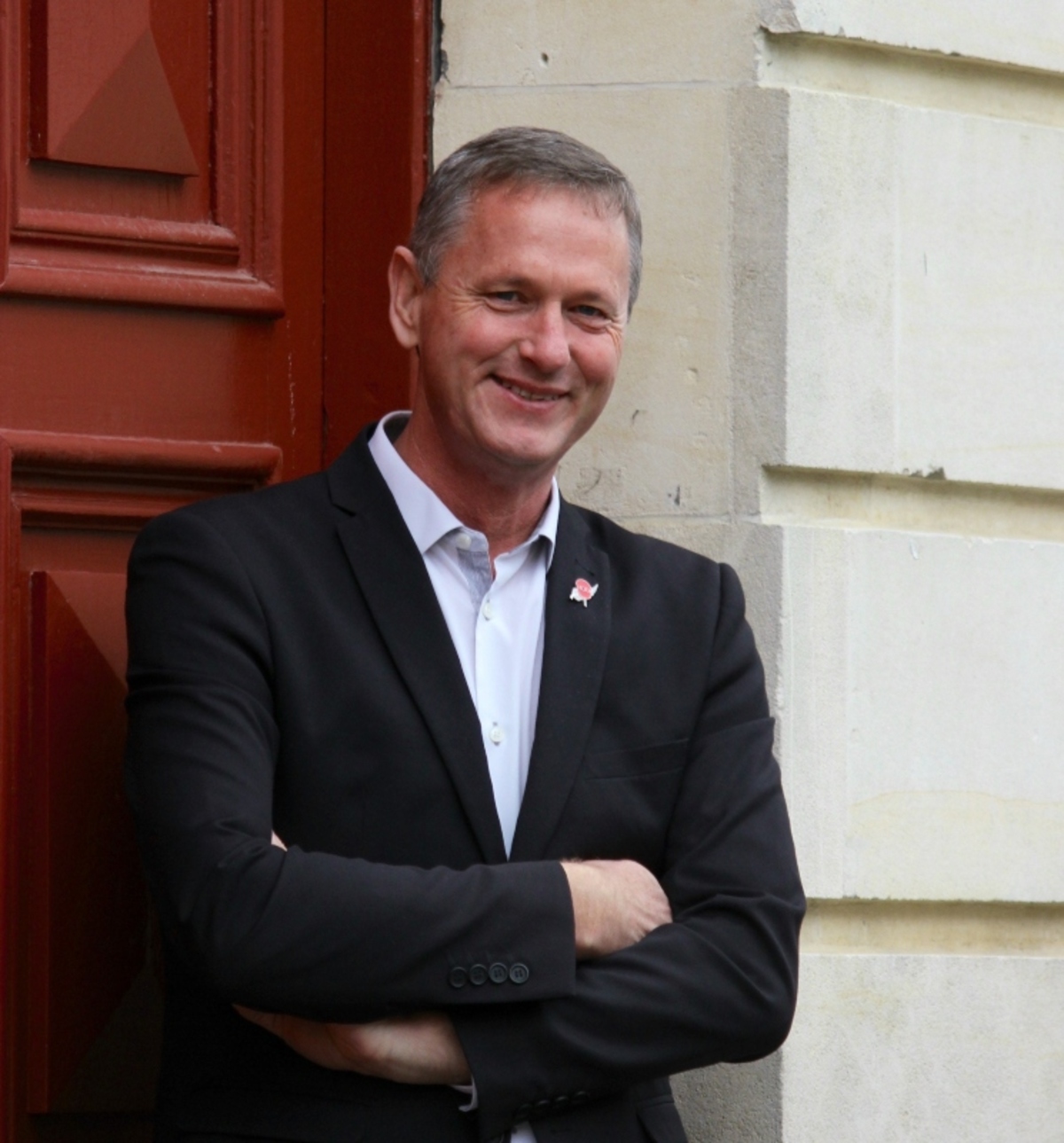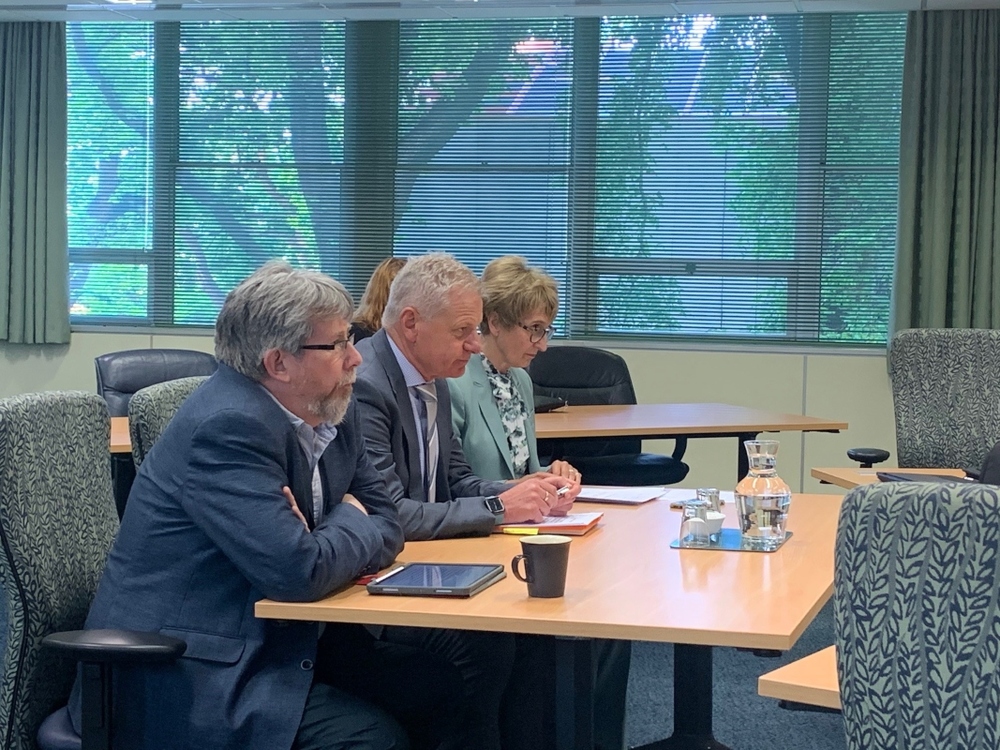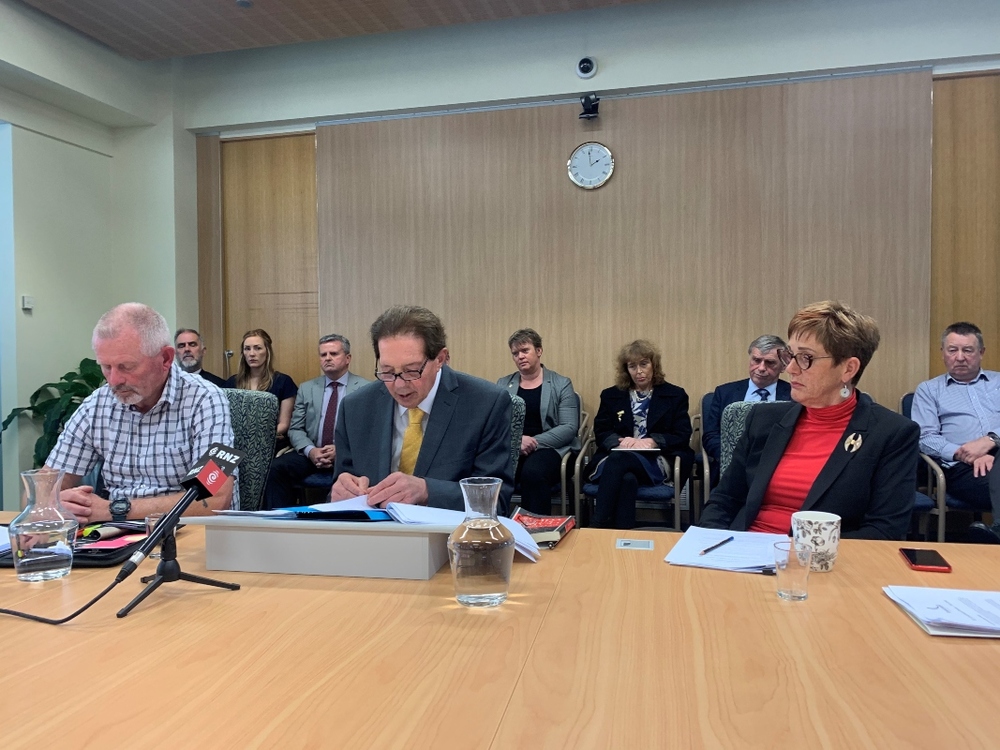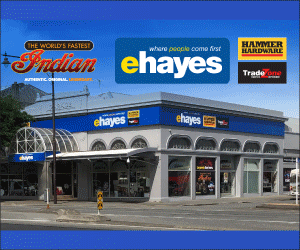Governance support and advice is available for Invercargill, Local Government NZ provincial sector chairman Gary Kircher says.
Marjorie Cook
25 November 2020, 5:27 PM
 Unfortunate but inevitable that some councillors potentially may not get along: Gary Kircher. PHOTO: Supplied
Unfortunate but inevitable that some councillors potentially may not get along: Gary Kircher. PHOTO: SuppliedLocal Government NZ provincial sector chairman Gary Kircher says council leadership issues are “different” to governance issues faced by other, privately run organisations.
Following the release of independent governance reviewer Richard Thomson’s report this week identifying a leadership void at the Invercargill City Council, the Southland App yesterday (November 25) invited Mr Kircher to comment on local authority governance issues around New Zealand.
Mr Kircher is also the mayor of the Waitaki District. He confirmed to the Southland App on Tuesday he was one of three southern mayors who wrote to Mr Thomson expressing concerns about Invercargill’s leadership.
Advertisement
Advertise on the Southland App
Mr Kircher said on Tuesday the Invercargill governance problems “urgently needed to be sorted”, because they were damaging to Invercargill mayor Sir Tim Shadbolt, the councillors and the community.
In his second App interview yesterday, Mr Kircher said he wanted to confine his comments to general governance issues and would not discuss Invercargill’s governance problems.
One issue faced by local authorities was that elected representatives often won their seats because of their stance on single issues or platforms, but could then struggle to achieve their agenda, while also making hundreds of decisions on other matters, Mr Kircher said.
“Councils are elected representatives of the community. The principle of democracy is really important. It is really important also to recognise a mayor, and councillors, are basically the chairperson and directors of a local authority, rather than a company.
“Normally, you would get to choose people directly on their skills. Some electorates do end up with a really good mix of people on the council.
“One of the neat things, particularly in the last election, is diversity. There were more young people, more women, different ethnicities, which actually reflected the face of the communities,” he said.

Independent governance reviewer Richard Thomson, left, with the council's governance adviser Bruce Robertson and council staff member Jane Parfitt,
listen at a recent Invercargill City Council meeting. PHOTO: Lucy Henry
Mr Kircher said things were “generally going well’’ in local authorities around New Zealand, but he acknowledged some councils – not just Invercargill – had issues.
Dunedin City Council councillor Lee Vandervis has faced code of conduct complaints and is presently involved in a court case against a $12 parking ticket that has so far cost that council $14,000 in costs.
The Rotorua and Tauranga councils have also become embroiled in code of conduct complaints and conflicts this year.
However, Mr Kircher also declined to discuss those councils' issues.
It was unfortunate but inevitable that there was potential for any council to be served by elected representatives who did not get along or who had different agendas, or who did not know how to work together to reach compromises, Mr Kircher said.
The local government system often worked well, but like any system, it also had its challenges, he said.
The character of a good council tended to be one where there was good leadership, and elected members were included and involved as much as possible, he said.
Whatever peoples’ reasons were standing for council, once elected, they had to look beyond them and work together to achieve the best for the community, he said.
“It is certainly not about everyone agreeing. It is about having a good understanding about how to disagree and then actually leave that decision behind you and move on to the next decision,” he said.
“Inevitably, across the country, if you are elected on a platform of a single issue, often those people are the ones who find it the hardest, because the system doesn’t allow them to unilaterally change it. They have to convince enough other people that things should be changed. But equally, there are hundreds of other decisions they have to be making along the way, and they have to be prepared for that,” Mr Kircher said.
Advertisement
Advertise on the Southland App
As chairman of the provincial sector of Local Government NZ, Mr Kircher represents the elected members of councils with populations between 20,000 – 90,000.
The provincial sector often combined with the rural sector of LGNZ (representing populations of under 20,000 people) to hold meetings and seminars for councillors, Mr Kircher said.
The meetings covered a wide range of topics and last week’s meetings were on code of conduct issues and how to deal meaningfully with issues around council reputation, Mr Kircher said.
If code of conduct issues were not dealt with properly, the person at the centre of the complaint could often feel they were being silenced, but the process was meant to make sure people got help, he said.
Local Government NZ had a significant role in providing training for elected members and there was a major focus on getting people to do that training because councils were sometimes represented by people who had never held governance roles before, he said.
Councils were turning over projects worth many millions – some worth more than $100 or $200 million – so there was a lot riding on councillors’ decisions, Mr Kircher said.
Most councils were very good at participating in Local Government NZ meetings and training sessions, and sent mayors, chief executives and other councillors when they could.
Mr Kircher said it was usual for him to attend the provincial sector meetings with the Waitaki chief executive and at least one or two other Waitaki councillors.
Mr Kircher confirmed Invercargill elected representatives have attended meetings.
He recalled Invercargill’s deputy mayor Nobby Clark was among those who attended the most recent meeting.
He also recalled Invercargill mayor Sir Tim and Invercargill councillor Alex Crackett were among those who attended a meeting earlier in the year.

Invercargill City Council mayor Tim Shadbolt, centre, reads a statement criticising the Thomson report, while deputy mayor Nobby Clark,left,
and chief executive Clare Hadley listen. PHOTO: Lucy Henry
All elected members could attend Local Government NZ sessions, which are free, but usually councils just sent two or three people because of the travel and accommodation costs associated with them, Mr Kircher said.
Local Government NZ staff were also available to assist and advise elected members on governance issues and individual performance, he said.
“None of us are perfect. We all strike problems along the way. It is about trying to make sure the solutions are to hand.
“Councils are undervalued for what they do. We deliver a lot of different services, and often people say we are overstaffed.
“But councils can deliver 30 or 40 distinctly different activities, for the same price that maybe someone gets their power for. You are providing a heck of a lot of different things and you have to employ of lot of professionals to do that.
“There are challenges, but it is part of what is so exciting. You are doing good things for the community . . . and stepping up and meeting those challenges along the way.”
Mr Kircher said it was very important for communities that local government performed well and to feel their councillors were doing a good job.
He said Invercargill had exciting projects to complete and he believed the council was getting on with its job.
“I just wish the council and the community all the best, to make really good progress,” Mr Kircher said.
READ MORE:
Blink and you’d have missed it – Yesterday’s five-minute council meeting
Southland Chamber of Commerce keen for councillors to work together to get things done
Southern Mayors tread carefully with Sir Tim’s backlash against governance report
Mayor blindsides councillors by slamming findings of Richard Thomson report
ACTIVITIES & ATTRACTIONS



![Te Wai Wai Korari Wetland (20min) [W] - Riverton](https://d3hbehni9j4crp.cloudfront.net/infoPages/5d105a07c536a600266c4bd2/header_images/header_Te%20Wai%20Wai%20Korari%20Wetland%201280x800.jpg)
![Cosy Nook [W] - Pahia](https://d3hbehni9j4crp.cloudfront.net/infoPages/5d103551073fc70026912d70/header_images/header_Cosy%20Nock%201280x800.jpg)